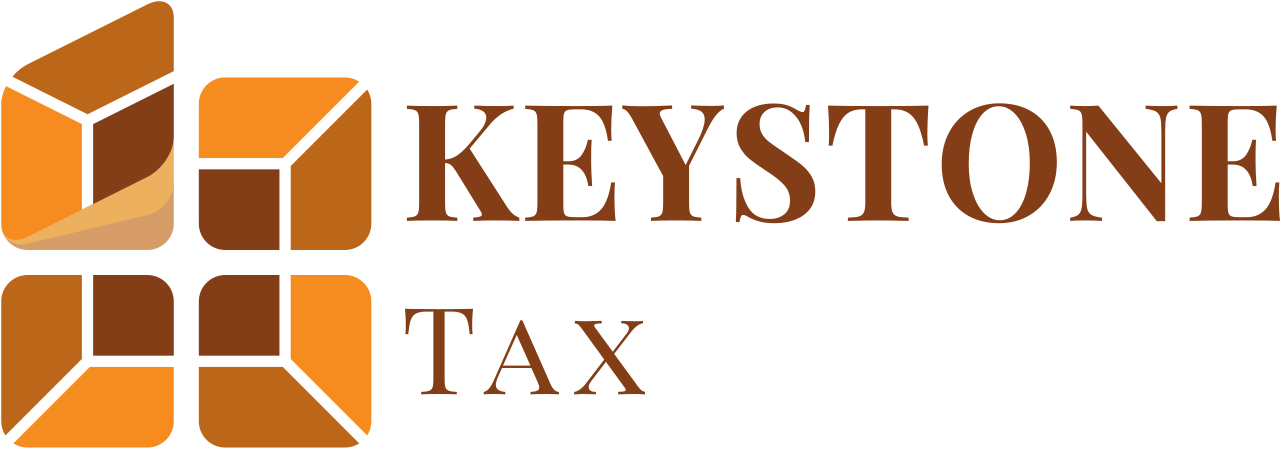Roth Conversions in the Trough Years: How Smart Timing Can Save Thousands in Taxes
Between retirement and the age when Required Minimum Distributions (RMDs) begin, there’s often a golden opportunity — a window of lower income that allows retirees to make strategic moves to reduce lifetime taxes. We call this the "‘trough years.” During these years, you can convert portions of your traditional IRA or 401(k) to a Roth IRA at lower tax rates, positioning yourself for tax-free withdrawals later in life.
Pete, a 63-year-old retiree, had about $900,000 in his traditional IRAs and a small pension. When his paycheck stopped, his taxable income dropped into the 12% bracket. With careful planning, he converted $50,000 each year into a Roth IRA between ages 63 and 70. By the time he reached 73, his future RMDs were smaller, his Medicare premiums lower, and his Roth balance had grown tax-free — saving him nearly $80,000 in lifetime taxes.
Why Roth Conversions Work During the Trough Years
• You’re in a lower tax bracket, so conversions are taxed at a reduced rate.
• Each dollar converted today means one less dollar subject to RMDs later.
• Roth IRAs grow tax-free and are not subject to RMDs.
• Reducing future taxable income can help you avoid IRMAA surcharges on Medicare Part B and D premiums.
Tax Considerations
Plan conversions carefully to stay within your current tax bracket. Pay taxes using outside funds to preserve your IRA’s growth potential, and remember that each conversion starts a five-year clock for tax-free withdrawals. Work with a CPA or advisor to coordinate timing, especially with Social Security and Medicare thresholds. The trough years are a fleeting but powerful chance to reshape your financial future. Smart timing today can result in lasting tax savings and greater flexibility in retirement income planning.
About Keystone Tax LLC
At Keystone Tax LLC, we help retirees navigate complex tax decisions — from Roth conversions to Social Security and RMD strategies — ensuring that every financial move is tax-smart and retirement-focused. Learn more at www.keystone-tax.com or call (715) 835-6022.
